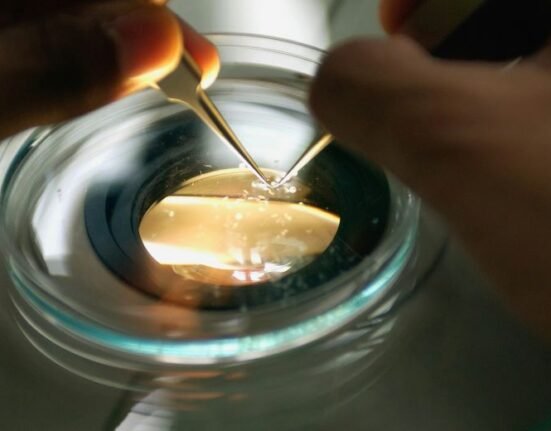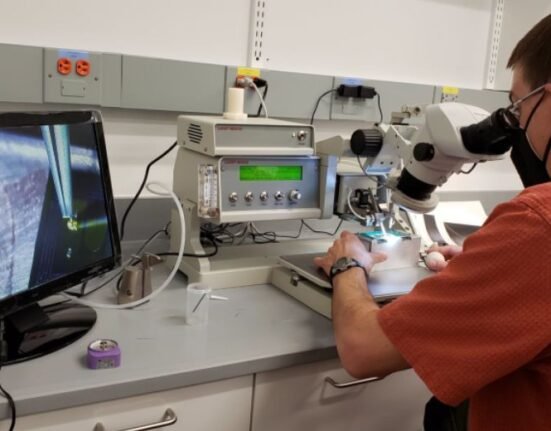HQ Team
July 18, 2024: In a reversal strategy in the war against cancer, researchers are now aiming to genetically cloak healthy cells against attack by cancerous cells. This, they believe, is a viable solution to the deadly attack of cancerous cells on healthy ones and the inability of therapies to distinguish between the two, resulting in deadly harm.
Researchers are now working on precisely marking healthy cells in a bid to shield them from chemical attacks in therapies aimed at cancerous cells. In the experiment, the researchers used molecular markers on cells, which can be used as identifiers for safeguarding.
This radical approach is being used to treat blood cancers. Researchers collect healthy blood stem cells and genetically engineer tiny, benign changes to a common molecular marker on them. These changes make them immune to chemical treatments. The cancerous cells can now be easily killed by the drug or therapy, while the healthy engineered cells are left untouched.
This strategy has the potential to create a virtually universal treatment for blood cancers.
Tweaked CD45, cell marker
The animal study, by the University of Basel, Switzerland, by immunologist Lukas Jeker and team targets CD45, a molecular marker found only on blood cells. It’s called a pan-hematopoietic marker. The treatment is an antibody-drug conjugate (ADC). The antibody part of the ADC is a protein that attaches to CD45 and kills the cell. Normally, a CD45-targeting ADC would wipe out the entire blood cell population. But with the tweaked CD45, the ADC selectively kills off the unprotected and cancerous cells.
In mouse experiments, the strategy worked. In their paper, the team concluded, “The combination of CD45-targeting ADCs and engineered HSCs creates an almost universal strategy to replace a diseased hematopoietic system, irrespective of disease etiology or originating cell type. We propose that this approach could have broad implications beyond hematological malignancies.”
They further tested it out with a cancer patient’s cells. The patient had Acute Myeloid Leukemia (AML. The researchers transplanted the patient’s AML cells into mice that had already gotten a transplant of healthy CD45-shielded blood stem cells. They then treated the mice with their CD45-targeting ADC.
“The results were really just black or white. It’s just like, it just works,” Jeker said. The CD45-shielded cells were protected. “We have the complete protection, and we get complete elimination of the disease, which is what we want, ultimately.”
For now, the results are still in the pre-clinical stage.
New approach to cancer treatment
First author Romina Matter-Marone, PhD of the study, said, “The new approach could pave the way for new treatment options for patients whose state of health is incompatible with the chemotherapy needed for stem cell transplantation.” Although further tests and optimization are needed, the aim is for initial clinical trials to begin in just a few years’ time.
If successfully translated, the team said that the strategy also has the potential to be used for severe autoimmune diseases and possibly even HIV infection. “We predict that the approach presented here not only will enable cancer-selective therapy with preserved function of the hematopoietic system but could more generally pave the way for synthetic hematopoiesis.”
The study was published in Nature.









1 Comment